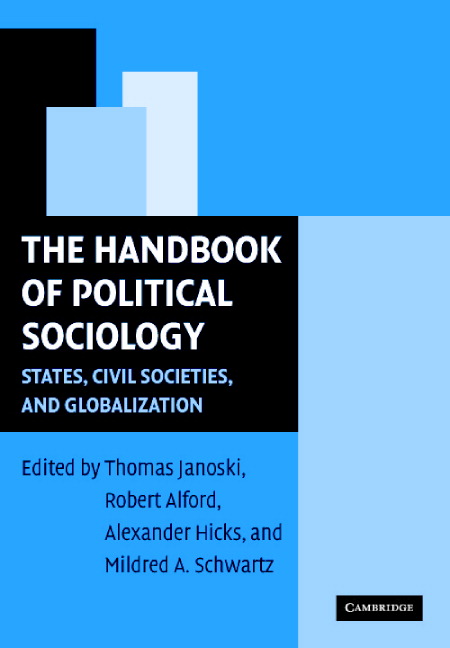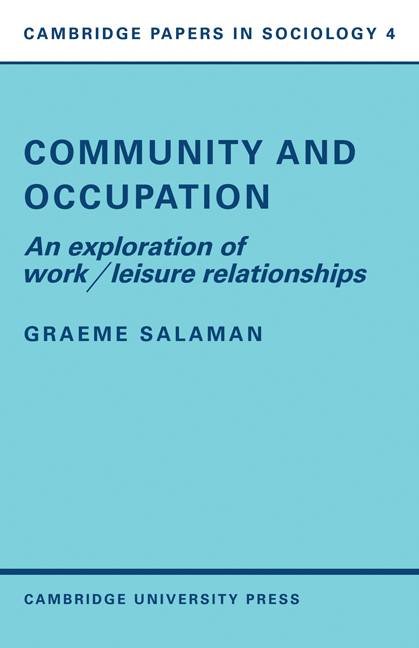Community Lost
Neither government programs nor massive charitable efforts responded adequately to the human crisis that was Hurricane Katrina. In this study, the authors use extensive interviews with Katrina evacuees and reports from service providers to identify what helped or hindered the reestablishment of the lives of hurricane survivors who relocated to Austin, Texas. Drawing on social capital and social network theory, the authors assess the complementary, and often conflicting, roles of FEMA, other governmental agencies and a range of non-governmental organizations in addressing survivors' short- and longer-term needs. While these organizations came together to assist with immediate emergency needs, even collectively they could not deal with survivors' long-term needs for employment, affordable housing and personal records necessary to rebuild lives. Community Lost provides empirical evidence that civil society organizations cannot substitute for an efficient and benevolent state, which is necessary for society to function.
- Recounts the difficulties the poor and predominantly African American hurricane victims faced in their attempts to rebuild their lives in a new and unfamiliar city
- Employs contemporary social theories to identify the structural and organizational sources of the vulnerability of the victims of crises and of the long-term poor
Reviews & endorsements
"Highly recommended."
Choice
"The authors of Community Lost provide a timely and stimulating analysis of the social costs of welfare state retrenchment. Their detailed study of Katrina survivors displaced in Austin, Texas (whose experience they plausibly argue is representative of other survivors), provides a powerful indictment of the human suffering wrought by the retrenchment of the welfare state. Likewise they show the bankruptcy and inadequacy of private, nonprofit efforts to meet human need in a disaster, despite their good intentions. In this cautionary tale, the authors also provide a glimpse of the human toll that will be produced if the current bipartisan effort to slash the last remnants of the welfare state is implemented."
John Arena, Social Service Review
Product details
February 2014Paperback
9780521176163
250 pages
229 × 152 × 13 mm
0.34kg
2 b/w illus.
Available
Table of Contents
- 1. After the storm: the state, civil society, and the response to Katrina
- 2. An emerging methodology for a crisis situation
- 3. Life before the storm: the old community
- 4. Evacuation and arrival in Austin
- 5. The limited transportability of social capital
- 6. NGOs and the grassroots response
- 7. The state and basic welfare: housing, employment, and identification
- 8. Health care and the limitations of society
- 9. The new social contract: the state, civil society, and social capital.









